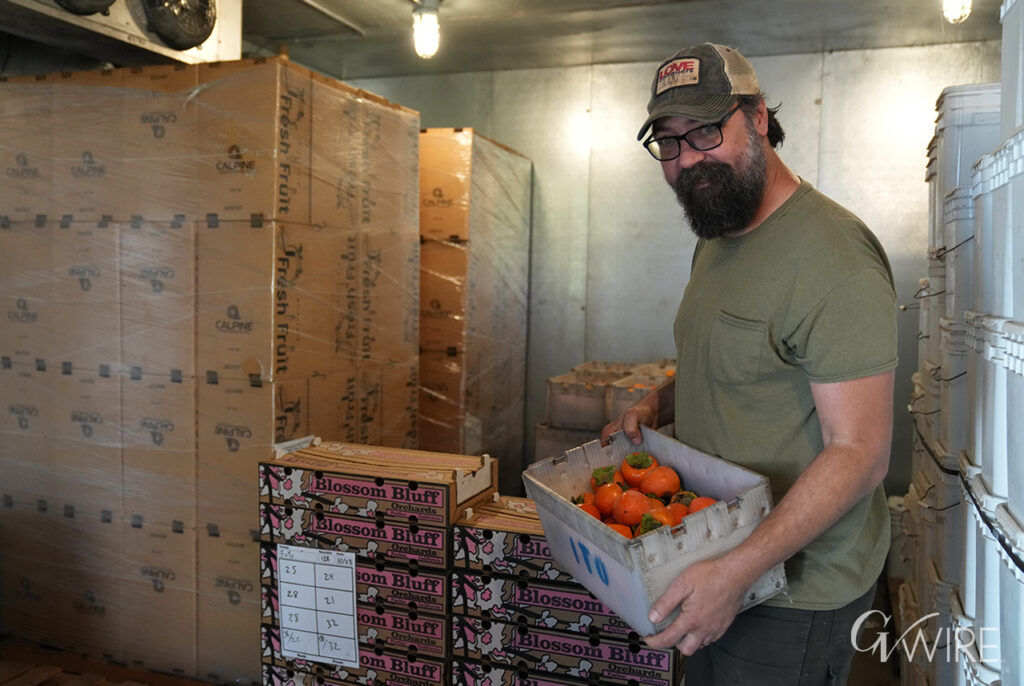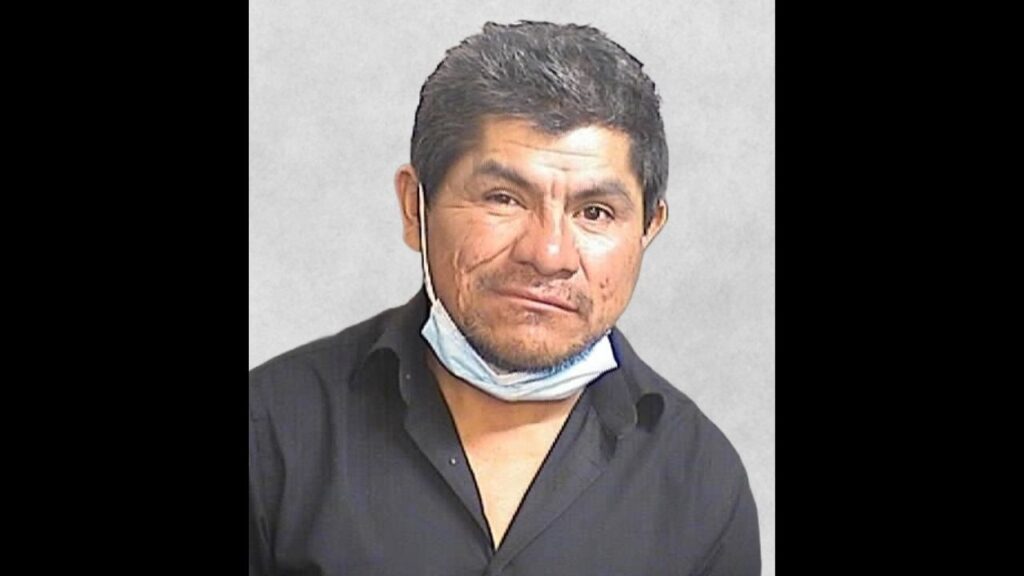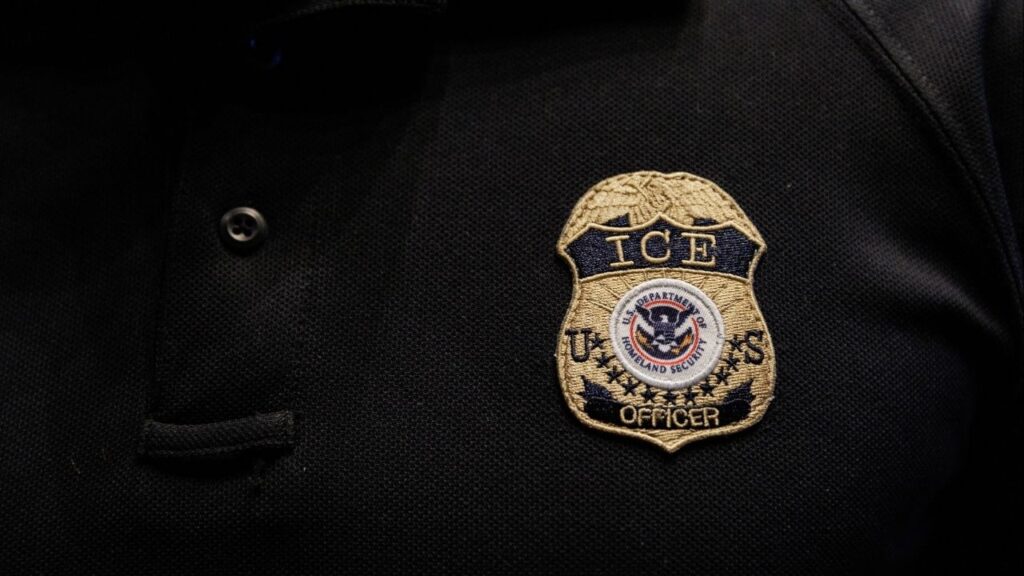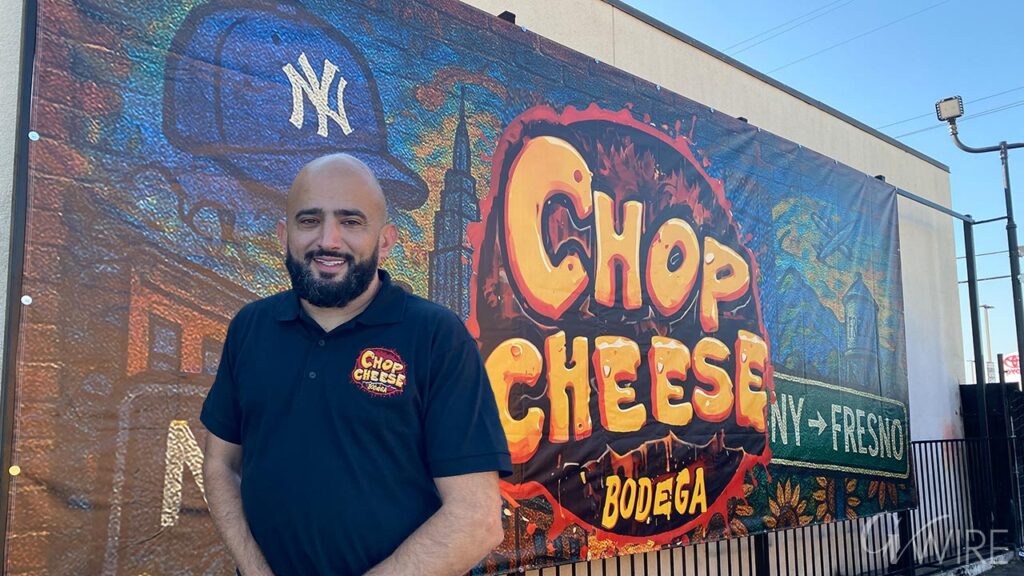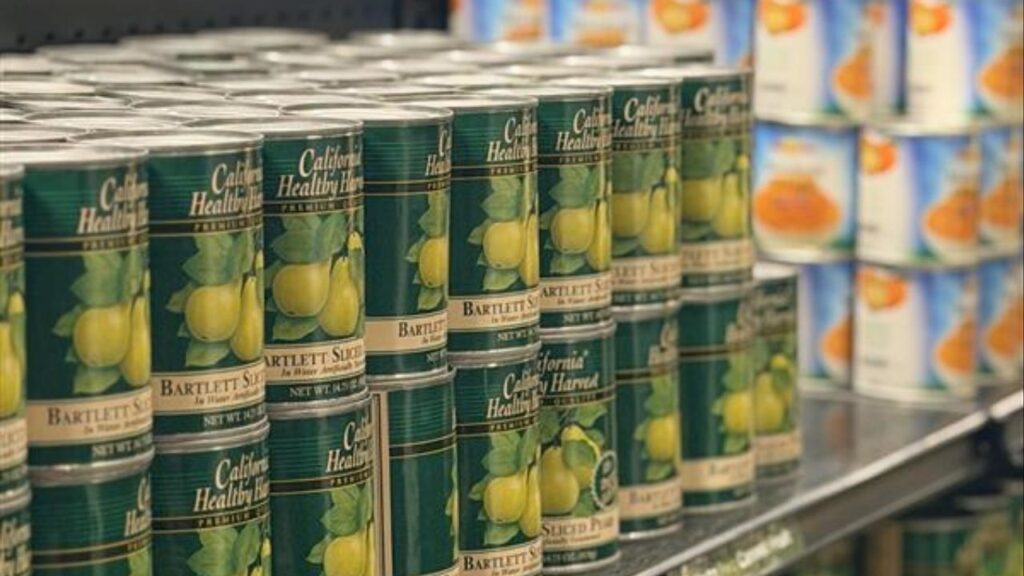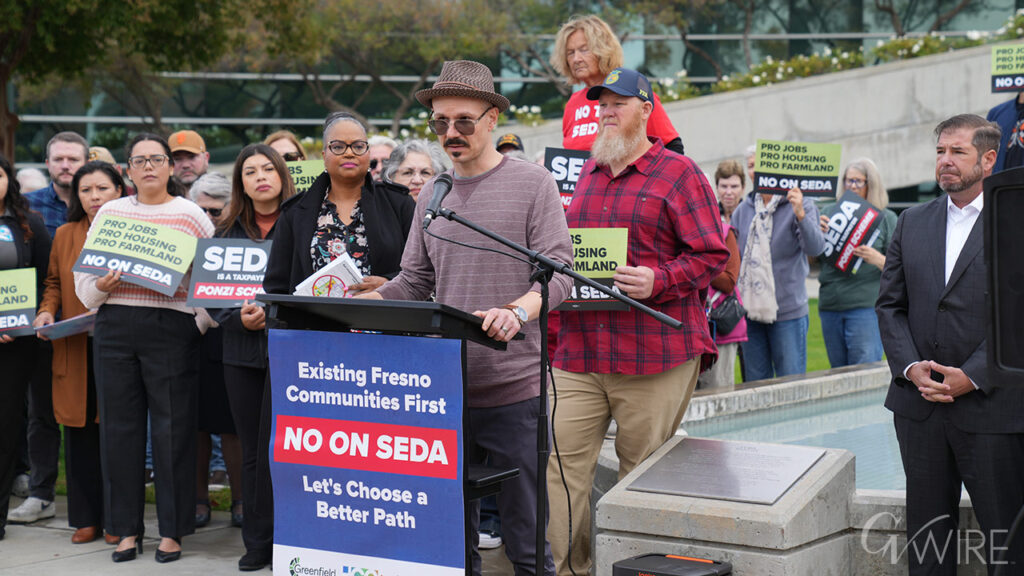In a photo provided by Nicholas Kristof shows, fields smolder that Israeli settlers had lit on fire, while also torching Palestinian homes and vehicles, according to residents in the West Bank village of Qusra, June 17, 2024. “Six residents of this village have been killed since October, when the Israeli government responded to the Hamas terror attack from Gaza by imposing far harsher rule in the West Bank,” writes The New York Times columnist Nicholas Kristof, “and by giving armed settlers freer rein to attack Palestinian farmers. (Nicholas Kristof via The New York Times)

- Israeli settlers in Qusra have reportedly destroyed Palestinian homes and vehicles, contributing to growing tensions and fear among residents.
- The situation in the West Bank has intensified since the Hamas attack in Gaza, leading to increased repression and violence, with fears of a potential uprising.
- Economic hardships and political maneuvers add to the volatile atmosphere, potentially destabilizing the Palestinian Authority.
Share
|
Getting your Trinity Audio player ready...
|
Opinion by Nicholas Kristof on June 29, 2024.
QUSRA, West Bank — The West Bank village of Qusra was smoldering as I arrived. Clouds of black smoke swirled from a field where rampaging Israeli settlers had lit it on fire, while also setting fire to Palestinian homes and vehicles, according to Qusra residents.

Nicholas Kristof
Opinion
“At any moment, we expect settlers to attack,” said Abdel-Majeed Hassan, a salt-of-the-earth farmer in his 70s. He showed me the blackened ground where his car had been set on fire, the latest of four cars belonging to his family that he said settlers had destroyed.
Residents Being Killed
Six residents of this village have been killed in such attacks since October, when the Israeli government responded to the Hamas terror attack from the Gaza Strip by imposing far harsher rule in the West Bank — more checkpoints, more raids, more Israeli settlements — and by giving armed settlers freer rein to attack Palestinian farmers. The result is a despair and fury that every Palestinian I spoke to predicted would lead to a bloody uprising.
A few days before my visit, Hassan said, settlers set fire to his barn with his sheep inside. Hassan ran and extinguished the fire as settlers hurled stones; “rocks were falling on my head like rain,” he said. Others in the village confirmed his account.
That is life for Palestinians in the West Bank today.
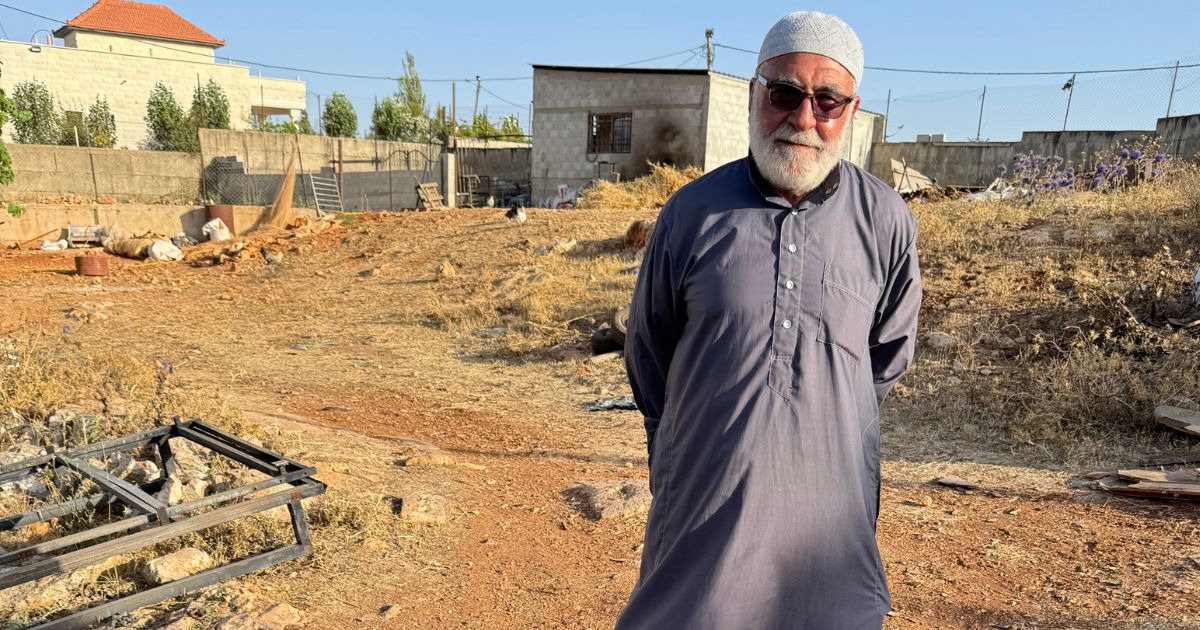
There are places in the world with significantly worse oppression and killing, including in Arab countries like Sudan, Syria and Yemen, that draw less attention or protest. But Israel’s “state-backed settler violence,” as Amnesty International describes it, is enforced by American weapons provided to Israel. When armed settlers terrorize Palestinians and force them off their land — as has happened to 18 communities since October — they sometimes carry American M16 rifles. Sometimes they are escorted by Israeli troops.
Related Story: Israel Releases 55 Palestinians It Had Detained from Gaza, Including Hospital ...
With Israel possibly winding down the most intensive phase of its war in Gaza, we should be paying much more attention to the crisis building in the more populous West Bank. The United Nations reports that 536 Palestinians, including 130 children, in the West Bank have been killed by Israeli forces or settlers in the past eight months. During the same period, seven Israeli soldiers and five settlers have been killed here by Palestinians.
One way of thinking of it: An average of about 60 Palestinians have been killed each month in the West Bank since early October, in an area nominally at peace — six times the pace at which American soldiers were killed on average during the war in Afghanistan.
It could get much worse. Hassan warned that the West Bank is seething with so much frustration that “a big explosion is coming.” Others predicted that this wouldn’t be an organized rebellion but more of a spontaneous uprising, perhaps magnified by the possible collapse of the Palestinian Authority.
“There’s a war in Gaza, but the big war will be here in the West Bank,” said Muamar Orabi, managing director of a West Bank news organization called Wattan. Including East Jerusalem, the West Bank is home to 3 million Palestinians and 720,000 Jewish settlers.
Historically, Palestinians had few firearms, but that is changing. Military weapons are being smuggled into the West Bank, apparently mostly from Israel, and are sold on the black market.
“People think that the only path left is armed resistance,” one young Palestinian man told me.
Related Story: 21 Children Are Set to Exit Gaza in First Medical Evacuation Since Early May
The Mayor of Qusra Believes in Peace
Hani Ouda, 70, the mayor of Qusra, believes in peace. “It’s impossible for them to get rid of all Palestinians, and it’s impossible for us to get rid of all Israelis,” he told me. “The only solution is for us to live side by side.”
But the hope seems beaten out of him. He wanted to show me his orchards, so he took me to a road and pointed to his land that he can no longer set foot on.
“If we go beyond here, we could get shot or arrested,” he said. Then he took me to the community hall, built with German aid money but now burned and unusable. Some 200 settlers set fire to it this spring, when they also burned six homes and a bus, Ouda said. And now, he warned, “we are coming to horrible days” with “lots of bloodshed.”
I don’t know how to assess the risk. I see deep anger and frustration among West Bank Palestinians but also great fear and recognition that an uprising could be suicidal. Over the decades, I’ve often heard predictions of upheavals that never come to pass, while others, like the Tiananmen Square or Arab Spring movements, erupted with little warning.
What is clear is the deterioration in freedom and well-being in the West Bank since the Oct. 7 Hamas attack on Israel. The heightened repression feels partly opportunistic — a land grab — but it is also shaped by a determination that Israel will never again be vulnerable to massacres.
Israelis do have legitimate reason to be fearful, and Palestinians do throw rocks at settlers and occasionally kill or injure them. While on average fewer than one settler has been killed a month since Oct. 7, that’s partly because settlers have guns, high walls and soldiers protecting them. Polls show growing support for Hamas in the West Bank, and many Israelis conclude that their survival depends on crushing Palestinians, not trusting them.
Related Story: US Military Shows Reporters Pier Project in Gaza as It Takes Another Stab at ...
Anger Regarding Land Theft and Settler Violence
The anger about land theft and settler violence is compounded by a growing economic crisis. The World Bank estimates that about 300,000 people in the West Bank have lost their jobs since Oct. 7.
The economic difficulties were compounded in May when a far-right Israeli cabinet minister, Bezalel Smotrich, began withholding Palestinian tax revenue from the Palestinian Authority, or PA. Along with other punitive financial measures taken by Israel, there are growing fears that the PA could collapse — but Smotrich is not concerned.
“If this causes the collapse of the PA, let it collapse,” he reportedly said.
President Joe Biden and leaders of other Group of 7 nations this month called on Israel to release the tax funds. “Actions that weaken the Palestinian Authority must stop,” the leaders said in their communiqué.

Palestinians believe that the Israeli right would like to provoke an explosion of violence and use it as an excuse for an ethnic cleansing.
For my part, I think a simpler explanation is more likely: Israel is once again acting shortsightedly, against its own security interests. To paraphrase what the former Israeli foreign minister Abba Eban said of Palestinians, the Israeli right never misses an opportunity to miss an opportunity.
Policy to address the Israeli-Palestinian conflict is immensely complex, with infinite room for nuance. I’ve focused here on the security dimension, for I believe it’s in American and Israeli interests to create a Palestinian state. But one more thing must be said: The seizure and occupation of other people’s land is wrong. And it is not wrong in a complicated, finely balanced way; it is simply, straightforwardly wrong.
Biden Spoke Out Against Israeli Abuses
The Biden administration has spoken out against Israel’s abuses in the West Bank, imposed financial sanctions on some violent settlers and withheld delivery of thousands of M16 rifles for fear that they would be handed out to settlers. Those steps are useful but inadequate. Biden didn’t respond forcefully, even when Israel in March announced one of the largest seizures of Palestinian land in the West Bank since the 1993 Oslo Accords.
I’m afraid that Biden’s refusal to stand up more firmly to Benjamin Netanyahu, the Israeli prime minister — over either Gaza or the West Bank — enables more extremism and increases the risk of a cataclysm.
Israeli officials are right to despair about the lack of credible Palestinian leadership, but there is a step they could take to address that. Israel could release Marwan Barghouti, the most popular Palestinian leader, from prison. Barghouti has spent more than two decades in prison for murdering Israelis, and Israel regards him as a terrorist. But he favors a two-state solution and he has enough legitimacy that he just might be able to deliver a peace deal. As a result, some serious Israeli commentators favor his release.
“He is the only one who can extricate us from the quagmire we are in,” wrote Alon Liel, a former director general of Israel’s Foreign Ministry.
The United States should push for Barghouti’s release and also press Israel harder to clamp down on illegal settlements and settler thuggery. For the same reason we oppose Palestinian terrorism, we should stand against Israeli terrorism.
The occupation is as toxic to Israelis as it is to Palestinians. “We are losing our identity as people, as Jews and as human beings,” Ami Ayalon, the former head of Shin Bet, the Israeli security agency, told journalist Christiane Amanpour.
Americans should call for Israel to grant Palestinians in the West Bank the same rights — including voting rights — that it gives settlers in the West Bank. That’s a way of reminding Israel that it cannot simply occupy land decade after decade.
The United States is already in the thick of the West Bank conflict. Many settlers have American accents and draw financial support from donors in the United States. Meanwhile, some of the West Bank Palestinians on the other side of the fences also have American accents.
“I’m an American citizen, but if they attack me here, what can I do?” said Sayel Kanan, an engineer who lived in New Jersey for a dozen years and is now mayor of Burqa. “They can break my gate; they can kill me.”
Kanan put up a high wall around his home for protection from settlers (just as settlers put up high walls around their homes for protection from Palestinians), but he says he still fears for himself and for his son, a doctor who is also a U.S. citizen. Settlers recently burned Kanan’s olive orchard and previously destroyed two of his vehicles, he said.
“I love America as a land of opportunity, but its foreign policy?” He paused. “I have lots of questions.”
So should we all.
—
Contact Nicholas Kristof at Facebook.com/Kristof, Twitter.com/NickKristof or by mail at The New York Times, 620 Eighth Ave., New York, NY 10018.
This article originally appeared in The New York Times.
By Nicholas Kristof
c.2024 The New York Times Company
Distributed by The New York Times Licensing Group






